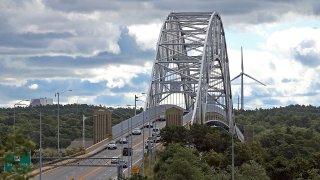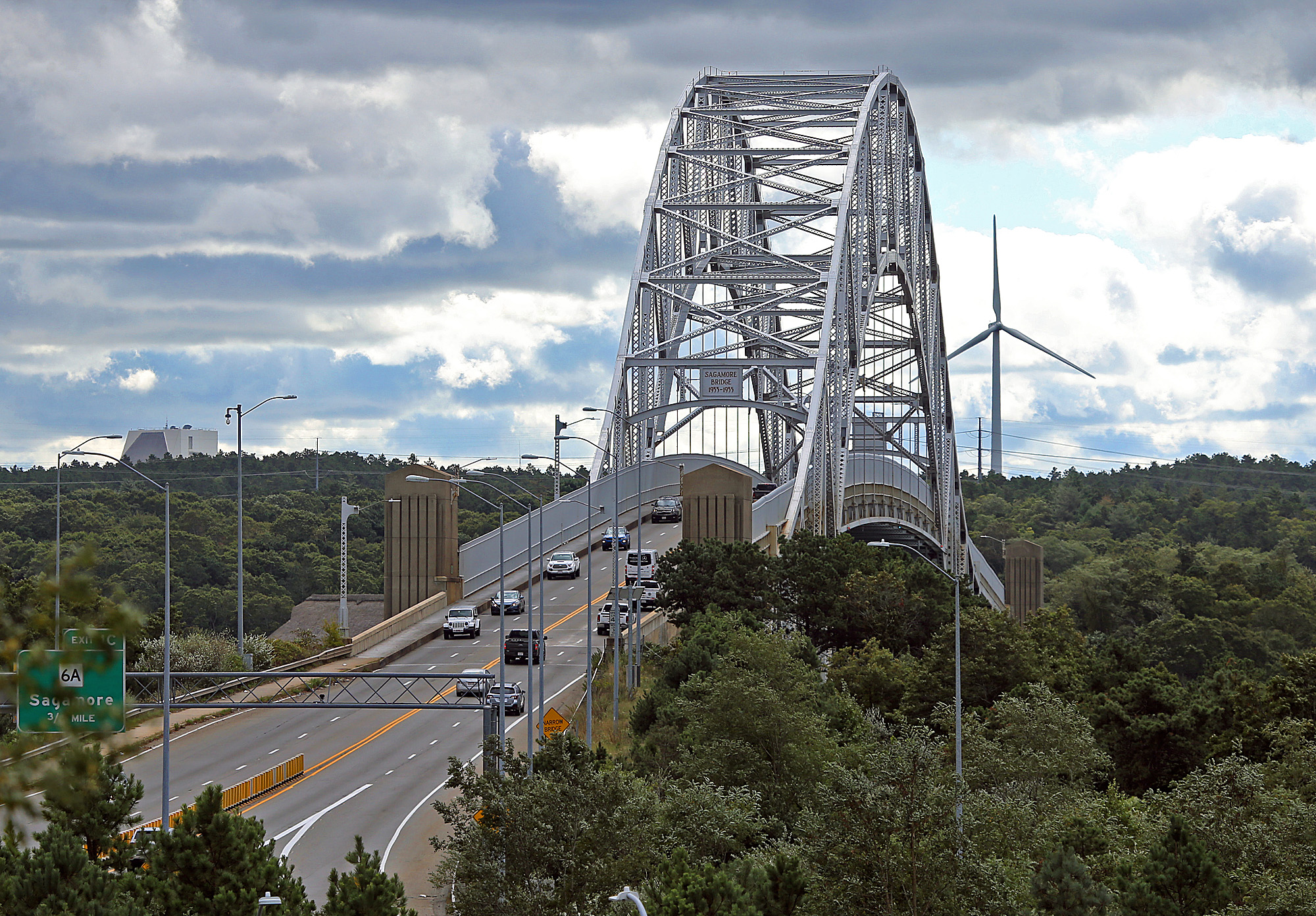
Failing to replace Cape Cod's two deteriorating bridges "would be catastrophic," according to a new report released by Massachusetts' U.S senators this week.
Massachusetts lawmakers have been fighting to win federal funding to replace the 90-year-old bridges, which carries the vast majority of Cape Cod's more than 5 million visitors each year. The bridge replacement project has been estimated to cost over $4.5 billion.
WATCH ANYTIME FOR FREE
>Stream NBC10 Boston news for free, 24/7, wherever you are. |
"Innaction is untenable," Sens. Elizabeth Warren and Ed Markey and Rep. Bill Keating wrote in a news release announcing their report Tuesday. "The Cape Cod bridges replacement project is at a pivotal moment, and federal and state actors must come together to secure the funding needed to carry out the replacement and alleviate the current situation that is negatively impacting thousands of residents and millions of visitors annually."
The current condition of the bridges, according to the report, is hindering residents' daily lives by affecting their ability to get "food, goods, and essential services."
Get updates on what's happening in Boston to your inbox. Sign up for our >News Headlines newsletter.
"Failure to replace the bridges would be catastrophic," the report says, citing a group of local officials who said it would have a devastating economic impact.
The report notes that businesses are suffering because of the constant lane closures on the Bourne and the Sagamore bridges necessary to keep the bridges functional — and the gridlock caused by congestion adds time to emergency response.
The Bourne and the Sagamore bridges are federally owned and were built in 1933 and give access to more than 35 million cars and trucks that cross onto Cape Cod every year.
In August, Gov. Maura Healy said her administration would submit application for a combined $1.45 billion in federal grants. Most of the money would go to replacing the Sagamore Bridge but not the nearby Bourne Bridge.
Warren, over the summer, asked elected state and local officials for feedback about the impacts of the bridges and the benefits of replacing them.
When replaced, the Department of Transportation said the bridges will look the same but with some differences.



